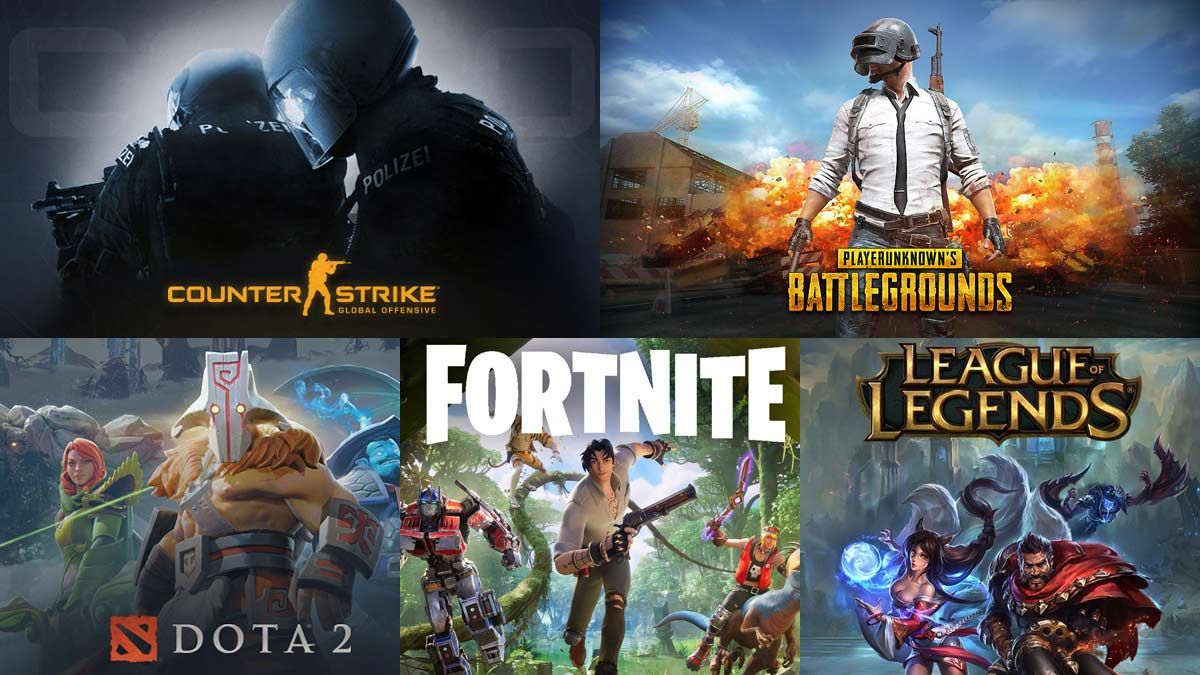
In recent years, esports games online have transformed from niche hobbies into a global phenomenon, reshaping how people play, watch, and engage with video games. With millions of players and viewers worldwide, esports has become a multi-billion-dollar industry, blending technology, entertainment, and competitive sportsmanship into a digital revolution.
What Are Esports Games?
Esports, short for electronic sports, refers to organized, competitive video gaming. Players and teams compete in various game genres, including real-time strategy, first-person shooters, multiplayer online battle arenas (MOBAs), and sports simulations. Unlike casual gaming, esports involves professional players, structured tournaments, sponsorships, and huge prize pools, often broadcast live to global audiences.
Popular Online Esports Games
Several online games dominate the esports scene due to their competitive depth, accessibility, and viewer appeal. Some of the most notable include:
League of Legends (LoL): A multiplayer online battle arena game by Riot Games, LoL has a massive player base and one of the biggest esports circuits worldwide. Teams of five battle to destroy the enemy’s base while strategizing over unique champions.
Counter-Strike: Global Offensive (CS:GO): A classic first-person shooter, CS:GO tests players’ tactical skills in team-based bomb defusal missions. Its straightforward gameplay and high skill ceiling make it a staple in competitive gaming.
Dota 2: Developed by Valve, this MOBA is famous for its complexity and strategic depth. Dota 2 hosts The International, one of the richest esports tournaments globally, with prize pools reaching tens of millions of dollars.
Fortnite: Beyond its battle royale mode, Fortnite has embraced esports with creative competitive formats and massive live events, blending gaming with entertainment.
Overwatch: A team-based shooter that emphasizes hero abilities and teamwork, Overwatch has a dedicated esports league and a growing competitive community.
Why Are Esports Games So Popular Online?
Accessibility: Many esports games are free-to-play or have low entry costs, making them easy to access for players worldwide. Online multiplayer capabilities allow gamers to compete against opponents from anywhere.
Community and Streaming: Platforms like Twitch and YouTube have made watching esports tournaments as popular as traditional sports broadcasts. This exposure fuels community growth, fan engagement, and sponsorship opportunities.
Skill and Strategy: Esports games often require a blend of reflexes, tactics, and teamwork, providing a challenging and rewarding experience for players. This competitive edge attracts serious players and spectators alike.
Career Opportunities: The rise of esports has created new professions, including pro players, coaches, commentators, and event organizers, turning gaming into a viable career path.
The Future of Online Esports
With advancements in internet infrastructure, virtual reality (VR), and artificial intelligence, the future of online esports looks promising. Innovations in immersive viewing experiences, augmented reality (AR) overlays during matches, and improved matchmaking systems will enhance player and viewer engagement.
Moreover, the global nature of online esports promotes inclusivity and cultural exchange, as players from diverse backgrounds compete on equal footing. Esports organizations are also focusing more on diversity and mental health support, aiming to build a sustainable and healthy competitive environment.
Challenges to Overcome
Despite its rapid growth, esports faces challenges such as cheating, toxicity, and regulatory concerns. Ensuring fair play and maintaining a positive community are critical for long-term success. Additionally, as esports revenue grows, managing intellectual property rights and creating standardized governance remains essential.
Conclusion
Esports games online have revolutionized the world of competitive gaming, offering an exciting blend of technology, skill, and entertainment. As the industry continues to evolve, it promises to captivate even more players and audiences, making esports a defining aspect of modern digital culture. Whether you are a player or a fan, the world of online esports offers endless opportunities to engage, compete, and enjoy the thrill of digital sportsmanship.

